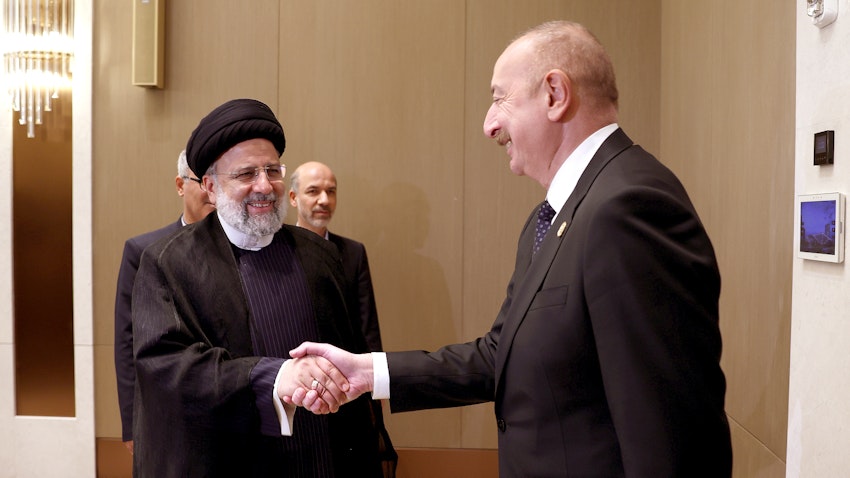
After rising confrontation and a war of words in recent years, Azerbaijan and Iran have returned to the diplomatic track—emphasizing regional connectivity and infrastructure projects based on pragmatism.
Having pursued coercive diplomacy to contain the rising influence of Israel and Turkey in Azerbaijan since 2020, Tehran has opted for reversive diplomacy towards Baku to de-escalate tensions. The shift is part of a broader Iranian strategy of seeking rapprochement with neighboring states, including Saudi Arabia.
Transit in focus
Regional infrastructure projects lie at the heart of the current pragmatism in the Azerbaijan-Iran relationship, putting political disputes on the back burner.
In Oct. 2023, Baku and Tehran laid the foundation for a new route connecting Azerbaijan to its Nakhchivan exclave through Iranian territory. The ceremony gathered Azerbaijani Deputy Prime Minister Shahin Mustafayev and Iran’s Minister of Roads and Urban Development Mehrdad Bazrpash. Per the initial agreement, a road bridge will be constructed between the two countries, followed by new motorway and railway connections. Although there is currently a functioning road connection between Azerbaijan and Nakhchivan via Iran, the new highway will significantly reduce travel time. Continue reading

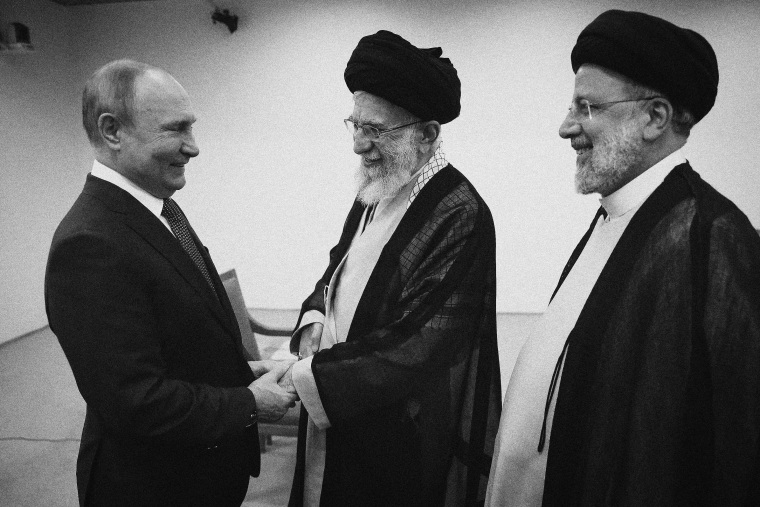
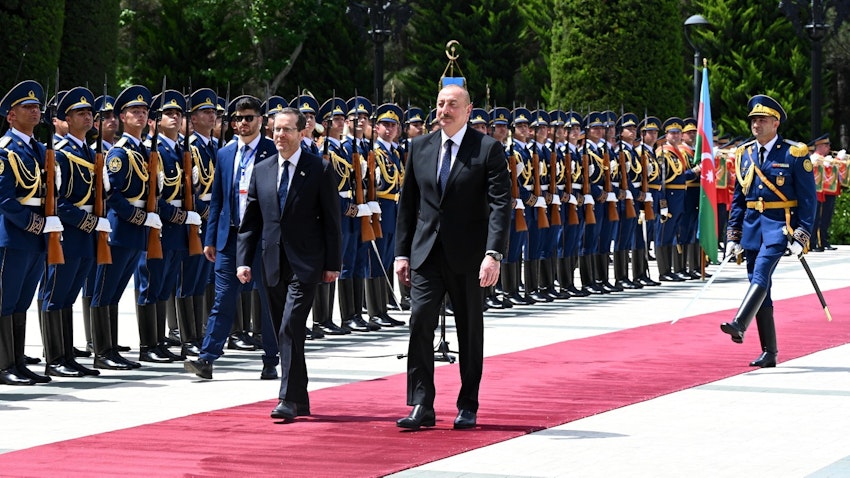

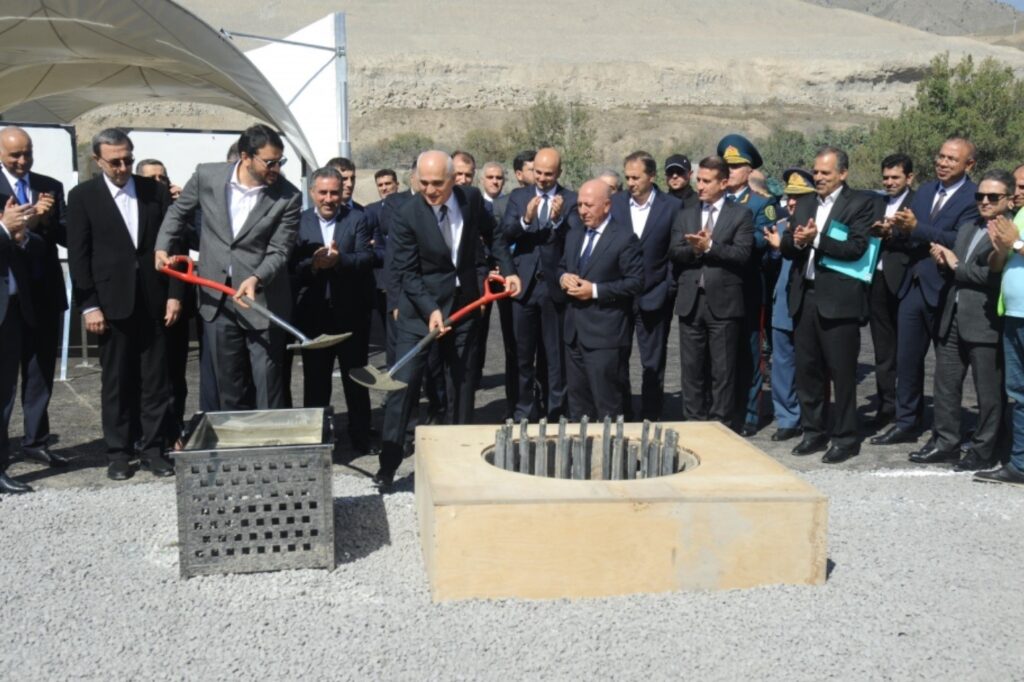

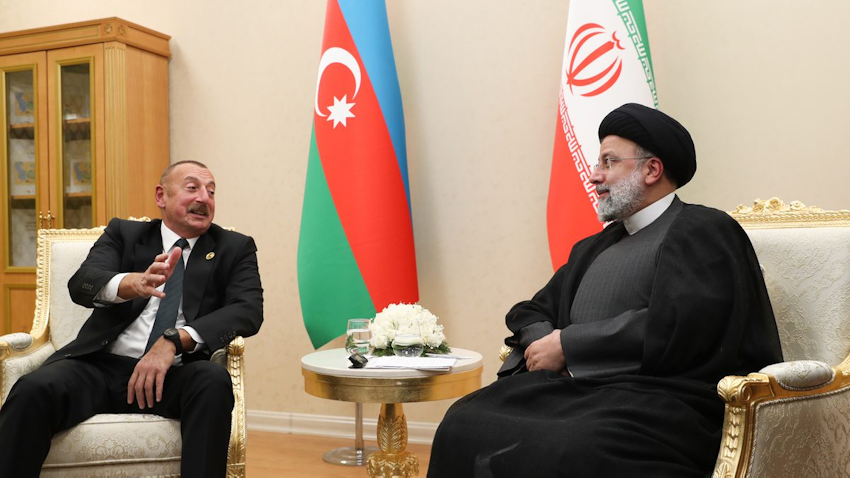

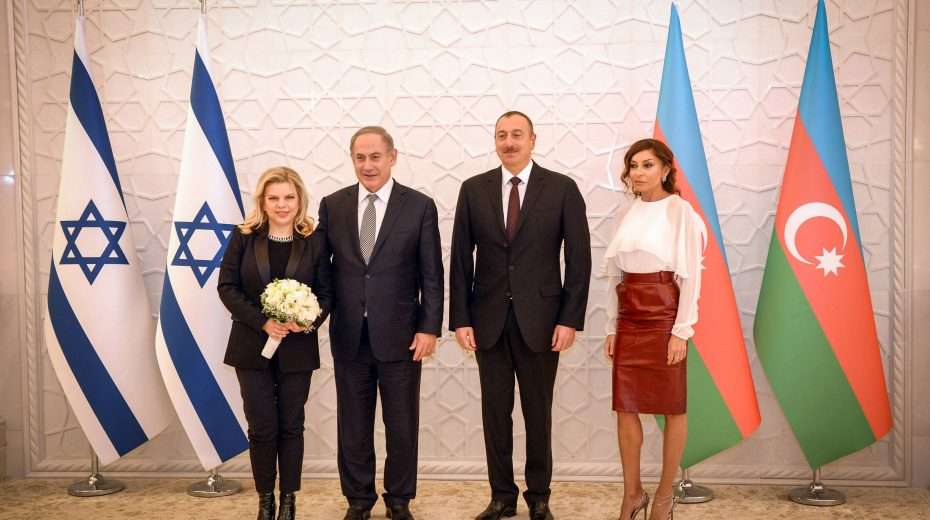
_01_Cropped.jpg)